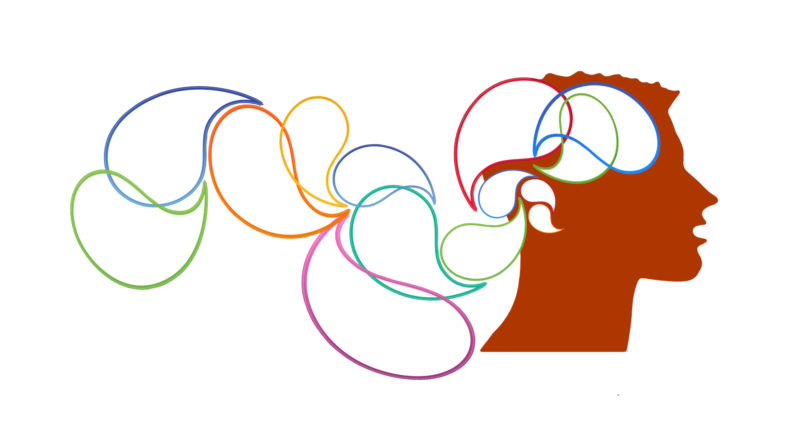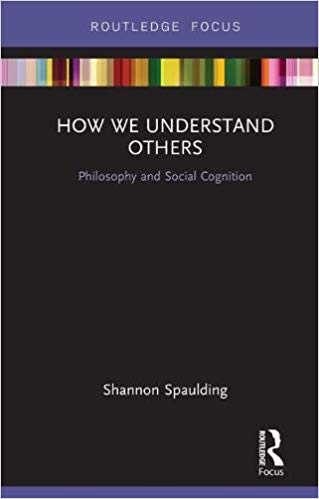This is a reminder that the submission deadline for Metacognition: New Developments and Challenges, to be held in London on May 12-13, 2020, is March 6. For further details see the link above.
Category: Social Cognition
4. What makes a social emotion?
An important aspect of emotions that is relatively neglected in both the philosophical and psychological literature is their social manifestation. There is plenty of work on empathy, the role of emotions in morality, and even a growing interest in emotional expression, but all this should be tied together with a …
Epistemic and Ethical Implications
Most philosophical discussions of mindreading stay squarely within the realm of philosophy of psychology. Theorizing about mindreading plays a role in debates about the modularity of the mind, the representational theory of mind, language development, the semantics of ordinary language use, etc. Using mindreading as a case study for understanding …
Model Theory
In this post, I argue that Model Theory is a superior account of the broader conception of mindreading laid out in the previous post. Thus far, I have refrained from discussing Theory Theory (TT) and Simulation Theory (ST) even though these theories have been the two main general theories of …
A Broader Conception of Mindreading
In the previous two posts, I examined challenges to the view that we regularly attribute mental states to others and explain and predict their behavior. Although these challenges do not show that mindreading is a rarely used or relatively unimportant tool, they do highlight how limited the ordinary conception of …
Pluralistic Folk Psychology
In the first post, I considered the 4-E objection that mindreading is not an important, frequently used tool in our folk psychological toolkit. I argued that mindreading accounts can withstand this challenge. We do regularly attribute mental states to others and explain and predict their behavior. Nevertheless, such challenges open the …
How We Understand Others
A question that has long interested me is how we understand others – that is, what are the cognitive processes that underlie successful social understanding and interaction – and what happens when we misunderstand others. In philosophy and the cognitive sciences, the orthodox view is that understanding and interacting with …






